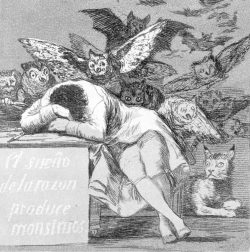To provide the best experiences, we use technologies like cookies to store and/or access device information. Consenting to these technologies will allow us to process data such as browsing behaviour or unique IDs on this site. Not consenting or withdrawing consent, may adversely affect certain features and functions.
The technical storage or access is strictly necessary for the legitimate purpose of enabling the use of a specific service explicitly requested by the subscriber or user, or for the sole purpose of carrying out the transmission of a communication over an electronic communications network.
The technical storage or access is necessary for the legitimate purpose of storing preferences that are not requested by the subscriber or user.
The technical storage or access that is used exclusively for statistical purposes.
The technical storage or access that is used exclusively for anonymous statistical purposes. Without a subpoena, voluntary compliance on the part of your Internet Service Provider, or additional records from a third party, information stored or retrieved for this purpose alone cannot usually be used to identify you.
The technical storage or access is required to create user profiles to send advertising, or to track the user on a website or across several websites for similar marketing purposes.
 Millions of parents across the UK are finding it increasingly difficult to balance work responsibilities with the demands of caring for children who suffer from mental health issues, according to a new poll. In the UK, approximately 2.5 million children are grappling with mental health issues, a statistic that has significant repercussions for their families. The study of 652 parents commissioned by the charity Parenting Mental Health offers a detailed look into how these challenges affect the lives of parents. (more…)
Millions of parents across the UK are finding it increasingly difficult to balance work responsibilities with the demands of caring for children who suffer from mental health issues, according to a new poll. In the UK, approximately 2.5 million children are grappling with mental health issues, a statistic that has significant repercussions for their families. The study of 652 parents commissioned by the charity Parenting Mental Health offers a detailed look into how these challenges affect the lives of parents. (more…)














 Nuffield Health’s 2024 ‘
Nuffield Health’s 2024 ‘




















June 12, 2024
We only have to look at the natural world to boost our mental health
by Whitney Fleming • Comment, Wellbeing